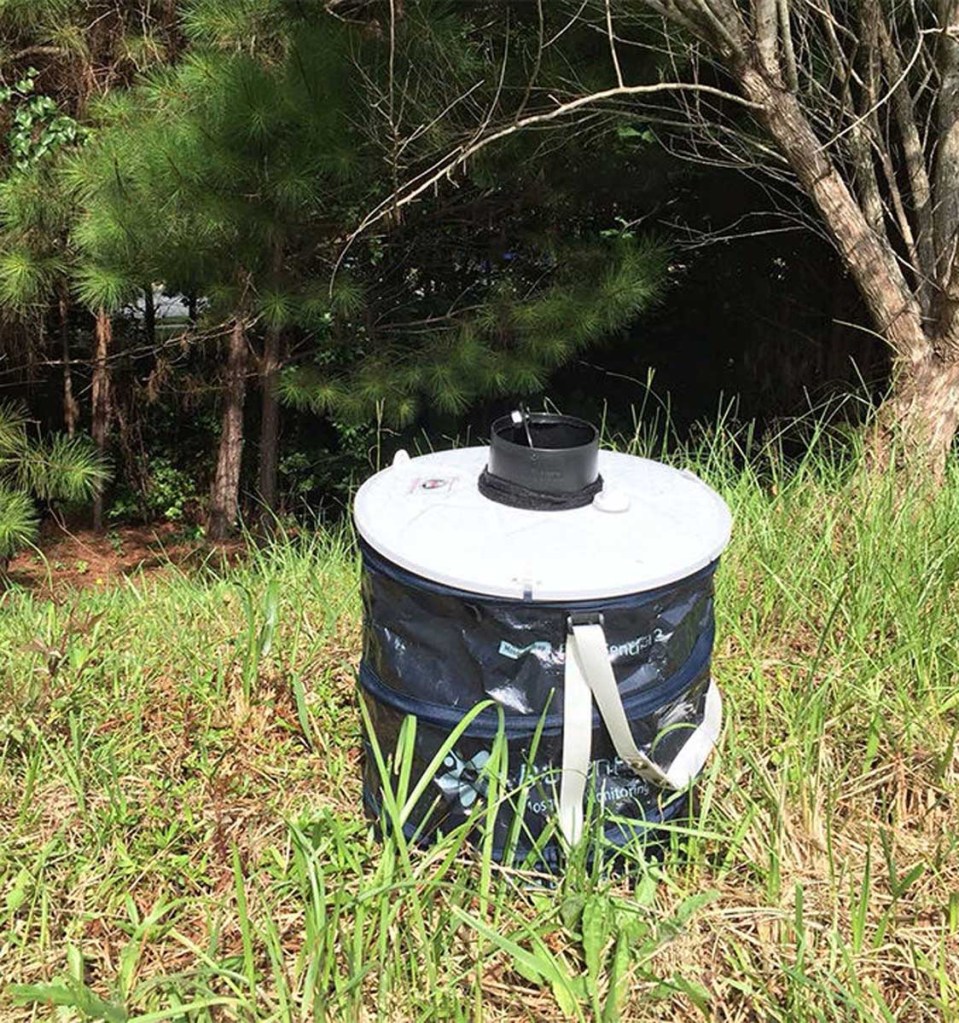West Nile Virus confirmed In Marshall County
Published 7:41 pm Tuesday, July 16, 2019

- The Alabama Department of Public Health uses specially designed traps to traps and test mosquitos for West Nile Virus.
The state’s first case of West Nile Virus has been detected in a horse in Marshall County, opening the possibility of infection for humans.
The positive test was taken near Boaz. Sporadic cases of the virus have been reported in Alabama for years, according to information from the Alabama Department of Public Health (ADPH).
Additionally, one case of Eastern Equine Encephalitis (EEE) has been reported in a horse. No human infections have been reported, but the risk will remain through the active mosquito season.
“Positive cases in veterinary species, such as horses, can serve as a reminder that infected mosquitoes are circulating and people can be at risk.” He stresses that people only get infected from mosquitoes and that horses do not pose an additional risk for human infection,” said Dr. Dee Jones, the state’s public health veterinarian.
Approximately one in five people who are infected with West Nile Virus will develop symptoms such as fever, headache, body aches, joint pains, vomiting, diarrhea or rash. Fewer than 1 percent will develop a serious neurologic illness such as encephalitis or meningitis, which is an inflammation of the brain or surrounding tissues.
“With many people enjoying outdoor activities, it is important that residents take every effort to reduce their exposure to mosquitoes,” Jones said. “Keep your mosquito repellent with you at all times when you are working or participating in recreational activities outdoors.”
When a person is infected, early recognition and prompt treatment for these illnesses can substantially lower the risk of developing severe disease. People over 50 years of age and those with certain medical conditions, such as cancer, diabetes, hypertension, kidney disease and organ transplants, are at greater risk for serious illness.
Infected mosquito vectors in Alabama have been documented carrying other serious diseases such as Eastern Equine Encephalitis, Saint Louis Encephalitis, and La Crosse Encephalitis.
According to the Centers for Disease Control and Prevention, the best way to prevent mosquito-borne diseases is to avoid mosquito bites by following these recommendations:
— Use EPA-registered insect repellents containing DEET, picaridin, oil of lemon eucalyptus, or IR3535 when going outdoors.
— Wear long sleeves and pants during dawn and dusk hours.
— Install or repair screens on windows and doors. Use air conditiioning, if available.
— Empty standing water from items outside homes, such as flowerpots, buckets and children’s pools.
Visit alabamapublichealth.gov/mosquito/avoid-the-bite.html for more information.


